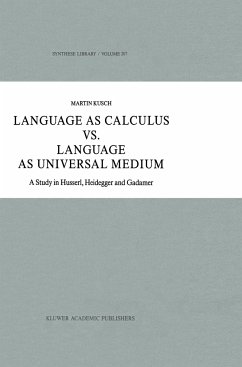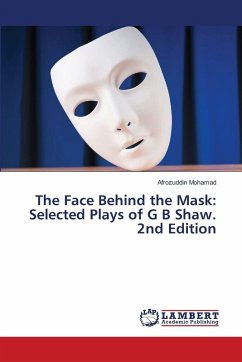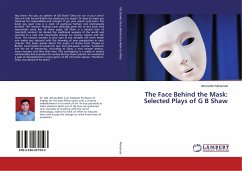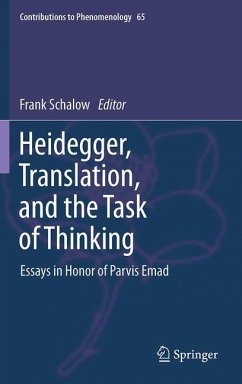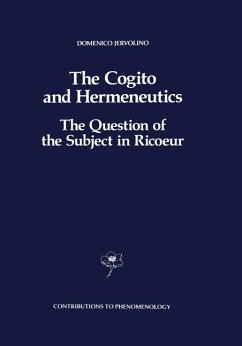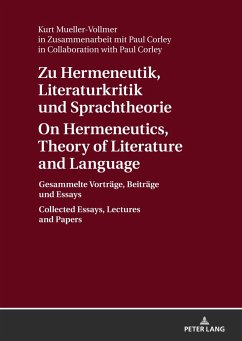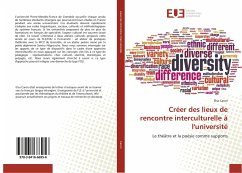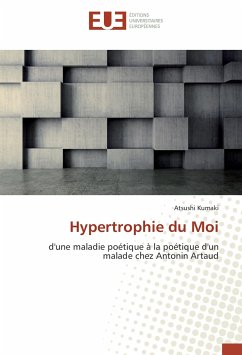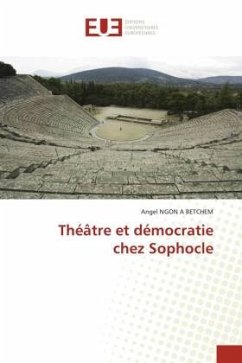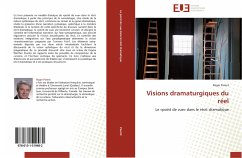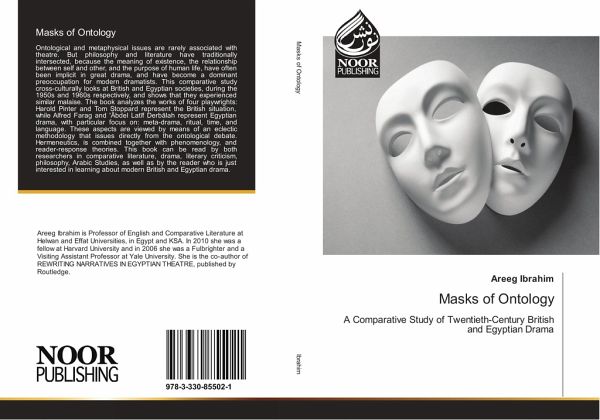
Masks of Ontology
A Comparative Study of Twentieth-Century British and Egyptian Drama
Versandkostenfrei!
Versandfertig in 6-10 Tagen
40,99 €
inkl. MwSt.

PAYBACK Punkte
20 °P sammeln!
Ontological and metaphysical issues are rarely associated with theatre. But philosophy and literature have traditionally intersected, because the meaning of existence, the relationship between self and other, and the purpose of human life, have often been implicit in great drama, and have become a dominant preoccupation for modern dramatists. This comparative study cross-culturally looks at British and Egyptian societies, during the 1950s and 1960s respectively, and shows that they experienced similar malaise. The book analyzes the works of four playwrights: Harold Pinter and Tom Stoppard repr...
Ontological and metaphysical issues are rarely associated with theatre. But philosophy and literature have traditionally intersected, because the meaning of existence, the relationship between self and other, and the purpose of human life, have often been implicit in great drama, and have become a dominant preoccupation for modern dramatists. This comparative study cross-culturally looks at British and Egyptian societies, during the 1950s and 1960s respectively, and shows that they experienced similar malaise. The book analyzes the works of four playwrights: Harold Pinter and Tom Stoppard represent the British situation, while Alfred Farag and 'Abdel Latif Derbalah represent Egyptian drama, with particular focus on: meta-drama, ritual, time, and language. These aspects are viewed by means of an eclectic methodology that issues directly from the ontological debate. Hermeneutics, is combined together with phenomenology, and reader-response theories. This book can be read by both researchers in comparative literature, drama, literary criticism, philosophy, Arabic Studies, as well as by the reader who is just interested in learning about modern British and Egyptian drama.



